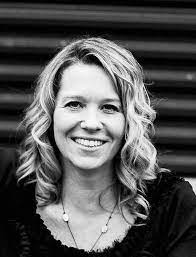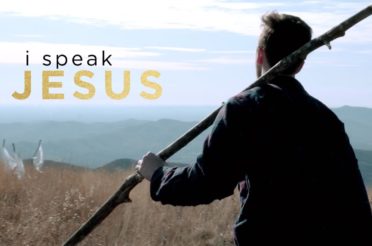By Roger Barbee
Yesterday our pastor said in his sermon, “When in trouble, have faith.”
While I heard some of his remaining words, I admit to thinking mostly of those five words during the remainder of his sermon; and I keep thinking of those two words, “trouble” and “faith” because, even though they were spoken in the context of a sermon, there are many types of trouble and faith. I know in what term our pastor spoke them, but what of other understandings?
Most of us of a certain age have been warned of “troubles” by our mothers and/or other adults during our growing years. Most of those problems we were warned of were results from wrongdoing, such as being dishonest or greedy. We were taught to avoid such errors because we would be “in a heap of trouble.”
But trouble comes in other forms, too. Think of the trouble that may result in having to make a choice because one is found in a precarious position—such as the first time one climbs a tall tree, then must navigate down it. Or, when one follows older children onto the garage roof to jump off, but teeters on the edge before deciding to jump or climb back down. For a six-year-old, both examples are “a heap of trouble.”
Athletics offer the possibility of trouble all the time. It is real trouble when a team or individual are faced with “being in a hole”—behind in points. The team or individual must choose an action, but the trouble of being down in points requires some act—either quit or battle back. As an athlete and coach, I have experienced trouble like that, sometimes with success, sometimes not.
While being in trouble is usually thought of as serious, it is not always so. Sometimes the trouble we face is really nothing more than an inconvenience, like an unruly child. However, when we think of trouble as adults, we usually think of it as serious, something that demands we contact a lawyer or doctor-the seeking of professional help of some type.
Trouble comes in a variety, sometimes of our own making or not. But no matter its shape, color, reason, or size, all trouble requires that other word used by pastor-faith. For instance, if a runner finds herself behind in a race, she can trust that her training has prepared her for what she must do: To increase her pace by raising her tempo and racing harder in order to catch her opponent(s). That trust is a form of faith in her preparation for the race, her work done for that moment. If she does not have faith in her training, she will not catch anyone but just cruise alone, content on running but not racing. But I think when any runner laces on her racing shoes, she should commit to running her best, pushing herself to her physical and mental limits. To do that takes faith.
S Christ follower is like the runner who, upon donning the shoes, is committing to not being content at just being present, but willfully giving every ounce of being for the “race”. Like the runner, a true Christ follower has trained by study and prayer. That’s what Paul did for three years, before he lined up on the starting line. And we are just as required to prepare for the trouble we will face. By that training we will gain the faith necessary for any race we face.
Trust in one’s ability is necessary many times. The child in the tree may not trust his ability to climb down the tree, but after he navigates to the safety of the ground, he knows from then on what he can manage. The same is true of the athlete who trusts in her training and her coach’s wisdom. We trust in ourselves if we have prepared. Some might even say we have faith in ourselves and our abilities. That is fine; however, faith for me is what I have in a higher authority. For me, Oswald Chambers writes it well, “The great thing about faith in God is that it keeps a man undisturbed in the midst of disturbance.”
Trust may get you out of the tree or help you improve in the race, but only faith will calm the storms of secular living.







